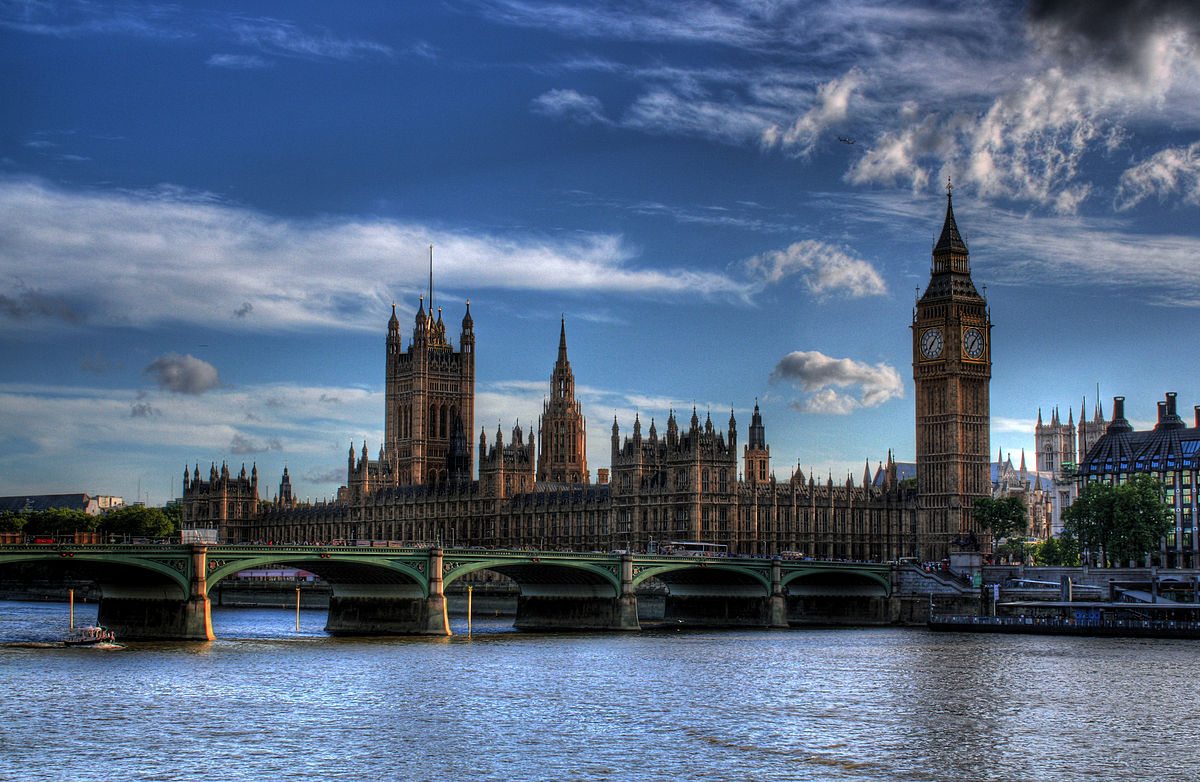
Where are the champions of british democracy? | thearticle
- Select a language for the TTS:
- UK English Female
- UK English Male
- US English Female
- US English Male
- Australian Female
- Australian Male
- Language selected: (auto detect) - EN
Play all audios:

Boris Johnson’s belated selection as Britain’s Prime Minister has at last put Vote Leave into 10 Downing Street, some three years after the campaign’s shock victory in the referendum on EU
membership. Johnson is joined in office by fellow Vote Leave campaigners Dominic Raab as Foreign Secretary, Priti Patel as Home Secretary, Andrea Leadsom as Business Secretary, Theresa
Villiers as Environment Secretary, and Michael Gove as Chancellor of the Duchy of Lancaster and no-deal planner. Cementing the Vote Leave character of the new administration, former campaign
director Dominic Cummings has even been appointed as Johnson’s senior advisor, with some labelling him the effective chief of staff. Cummings came up with the infamous ‘vote leave, take
control’ slogan and masterminded the accompanying campaign. A veteran of efforts to stop British adoption of the Euro and the creation of a Northern Assembly, it was he who argued that
voting leave should be about returning power to beleaguered voters. Whether or not you think Brexit is a good idea, Vote Leave’s slogan tapped into people’s desire for greater control over
their lives, one seemingly more acute among the poor, unemployed and less formally educated. Even the referendum itself was a bold act of direct democracy, with 72.2% of those eligible
voting, compared to 66.2% at the previous general election in 2015. That 68.8% voted in the general election in 2017 suggests some of that enthusiasm was sustained. The leave result in the
referendum instructed politicians to undo decades of careful politicking by British representatives with the growing group of countries that made up the EU and its associate organisations.
It is well documented how unprepared the then prime minister David Cameron was if the referendum didn’t take his preferred course. His successor Theresa May’s response to the referendum was
equally lacking. Johnson’s Vote Leave administration can at least claim the mandate of having won the referendum. But, so far, the new leadership shows few signs of knowing how to give
voters meaningful democracy in a world governed by global rule-makers, and not just elected politicians. If Johnson reheats May’s withdrawal agreement we will have to contend with its
compromises – in some cases following rules we have no influence over. In other words, the democratic deficit that the EU’s critics have long complained about would be enlarged. Leaving
without a deal, for all its economic and diplomatic risks, is a cleaner break. The politicians voters put into Westminster would have more leeway to legislate and regulate as they liked.
But, in time, new agreements with former EU partners would be established, and the difficulty of making the related rules and policies responsive to national democracy would return.
Remainers should not feel too smug about this. The new Liberal Democrat leader Jo Swinson and her Green counterpart Caroline Lucas are hoping that Britain will recommit to EU membership
through a second referendum. However, both leaders’ exhortations that more democracy will fix the Brexit impasse sound hollow, given that neither has agreed to support implementing a second
leave vote in Parliament. Statements like these bolster the case that the People’s Vote is chiefly another remain campaign, and is more a check on democracy than a promoter of it. Lucas has
enough cheek to say these things while calling the vote to leave “brave” in a recent piece for the _New Statesman_, and congratulating leave voters “on giving the establishment a good
kicking in the referendum”. Even though she is right to warn that Johnson may not make this country more democratic, Lucas and her fellow remainers have given little indication how they
would reform the EU if – as is plausible – we eventually remain, or even rejoin. With its parliament, its elections, its civil service, its courts and its lawmaking, the EU looks a lot like
a state, albeit an immature one. Those pledging to “remain and reform” are likely sincere in their intentions, but to strengthen the democratic legitimacy of the EU they will face all the
institutional inertia inherent in ageing institutions, and particularly in political ones. This is to say that leavers and remainers face the same problem: how do we enfranchise voters in a
world of global rule-makers only indirectly accountable to the ballot box? Whatever our current quagmire, that is the real problem to be tackled.
